The instability in the relationship between the European Union (EU) and Russia, coupled with dwindling natural gas reserves, has forced European leaders to look for alternative energy sources.
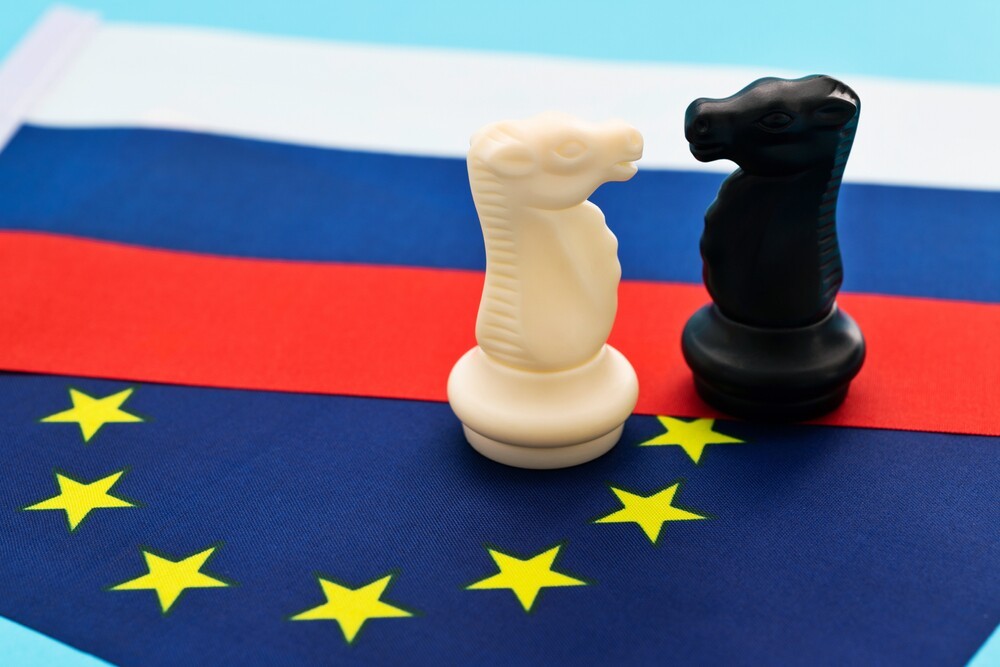 |
| Russia is one of the main energy producers for EU countries, especially natural gas and oil. (Source: Shutterstock) |
Energy is one of the key areas for the EU. Since 1951, Europe has been working towards integration in the energy sector, marked by the establishment of the European Coal and Steel Community.
To meet its energy needs, the EU cooperates with Russia. The Union is Russia's largest trading partner, accounting for 48% of Russia's total foreign trade and 75% of Russia's foreign investment in the EU.
Russia is one of the main energy producers for EU countries, especially natural gas and oil. Low energy prices have made the 27-nation bloc dependent on energy supplies from the country.
However, with high energy demand following the Covid-19 pandemic, energy prices in Europe have increased. As a result, Europe's natural gas reserves have decreased.
The situation worsened after Russia launched a special military operation in Ukraine in February 2022. This move prompted Western countries to impose a series of sanctions on Moscow. In response, Russia cut off natural gas supplies to the EU.
Rising energy prices will have a negative impact on the union. Since natural gas is the most widely used by consumers for household needs such as heating, cooling and cooking, household energy demand in the EU accounts for around 22% of total consumption. At the same time, as it is one of the fuels for electricity generation, gas shortages will disrupt the bloc’s electricity market.
Find alternative sources
The instability of the EU-Russia relationship, combined with dwindling natural gas reserves, has forced European leaders to look for alternative energy sources. Given this new reality, increasing attention is being paid to countries with reliable and ambitious energy sectors, such as Azerbaijan.
The country not only has abundant energy reserves but also demonstrates its commitment to becoming a stable energy partner for Europe. Through infrastructure investments and bilateral agreements, the Caucasus country is working to increase its natural gas production and export capacity to the Old Continent, helping to reduce Europe's dependence on Russia and ensuring the sustainability of its energy supply in the future.
On 18 July 2022, the EU and Azerbaijan signed a Memorandum of Understanding (MoU) on strategic partnership in the energy sector. This important agreement includes a commitment to double the capacity of the Southern Gas Corridor pipeline to over 20 billion cubic metres per year by 2027, enhancing energy security and diversifying supplies for the EU.
The expanded pipeline capacity will enable the transport of greater volumes of natural gas from Azerbaijan to various European countries, reducing the continent’s dependence on Russian energy and increasing its resilience to supply disruptions. The cooperation also reflects the EU’s broader strategy to transition to a more secure and sustainable energy future, integrating renewable energy sources and improving energy efficiency across member states.
This MoU covers not only infrastructure development but also cooperation in areas such as technology transfer, policy and capacity building, further strengthening the long-standing cooperation between the EU and Azerbaijan in the energy sector.
In the short term, Azerbaijan has increased its natural gas supplies to the EU, with 12 billion cubic meters in 2022, a significant increase from 8.1 billion cubic meters in 2021. This immediate increase in supply highlights Azerbaijan’s proactive role in addressing Europe’s urgent energy needs in a volatile geopolitical context.
Win-win cooperation
The MoU also includes significant EU support to help the West Asian country reduce gas flaring and methane emissions during gas production. This initiative is in line with global environmental standards and is part of a broader goal to support Baku’s participation in the Global Methane Commitment.
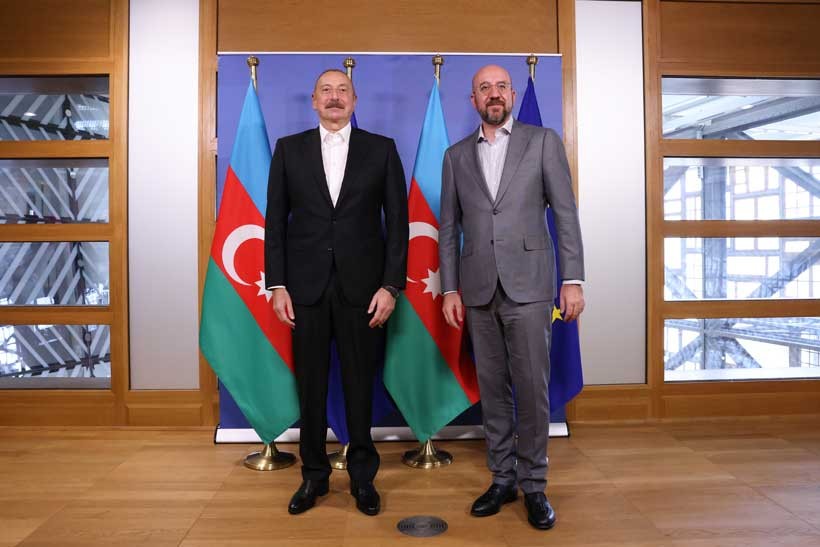 |
| President of the European Council Charles Michel (right) and President of the Republic of Azerbaijan Ilham Aliyev. (Source: EU) |
By adopting best practices and innovative technologies to reduce methane emissions, Azerbaijan can strengthen its environmental management and contribute to global efforts to combat climate change. The EU’s support in this area underlines its commitment not only to secure energy supplies, but also to ensure that energy is produced in an environmentally responsible manner, thereby reinforcing the sustainable development goals shared by both parties.
Through significant infrastructure investments and strategic bilateral agreements, Baku is striving to increase its natural gas production and export capacity to the European market. Major projects such as the Trans-Anatolian Natural Gas Pipeline (TANAP) and the Trans-Adriatic Pipeline (TAP) form the backbone of these efforts, enabling more efficient and reliable gas flows from Azerbaijan to Europe. These pipelines are designed to reduce logistical barriers and minimize the risk of supply disruptions, thereby ensuring stability in energy distribution.
The fifth meeting of the EU-Azerbaijan Security Dialogue took place on 13 June in Brussels, Belgium. During the meeting, the participants had a frank discussion on the current state of bilateral relations, as well as each other’s foreign and security policy issues. They also highlighted Azerbaijan’s role as a reliable energy partner, stressing its importance in ensuring energy security and stability in the region.
The meeting also included a review of the progress of previously agreed projects, such as the expansion of the Southern Gas Corridor pipeline capacity and the deployment of environmentally friendly technologies in energy production. This dialogue reflects the commitment of both sides to continue working towards common goals, namely energy security, sustainability and carbon reduction.
With a strong commitment to energy diversification and sustainable investment, Azerbaijan has successfully positioned itself as an important strategic partner of the EU. The steps taken by the country to expand and ensure stable and sustainable energy supplies will not only strengthen Europe’s energy stability and security, but also serve as a key pillar in supporting economic growth in the region. This achievement reflects Azerbaijan’s long-term vision of building a resilient and environmentally friendly energy infrastructure, in line with the EU’s goal of reducing dependence on conventional energy sources and increasing the use of renewable energy.
Through close cooperation, both sides will achieve significant economic and geopolitical benefits. Azerbaijan, with its abundant energy resources, can meet Europe’s energy needs, while the EU can provide technological and financial support to further develop the Caucasus country’s energy sector. This synergy will create a mutually beneficial relationship, enhance regional stability and ensure sustainable energy supplies for Europe.
This cooperation also opens up opportunities for the development of green and innovative energy projects that not only bring economic benefits but also help reduce the global environmental impact. As a result, a safer, more stable and more prosperous future can be realized, bringing widespread positive impacts to people in both regions and strengthening their geopolitical positions on the international stage.
Source: https://baoquocte.vn/bi-nga-chan-nguon-cung-khi-dot-eu-dat-tron-niem-tin-vao-quoc-gia-kavkaz-nay-trai-ngot-da-trong-tam-tay-276459.html


![[Photo] Living witnesses of the country's liberation day present at the interactive exhibition of Nhan Dan Newspaper](https://vstatic.vietnam.vn/vietnam/resource/IMAGE/2025/4/27/b3cf6665ebe74183860512925b0b5519)
![[Photo] Japanese Prime Minister's wife visits Vietnamese Women's Museum](https://vstatic.vietnam.vn/vietnam/resource/IMAGE/2025/4/27/8160b8d7c7ba40eeb086553d8d4a8152)
![[Photo] Fireworks light up Hanoi sky to celebrate national reunification day](https://vstatic.vietnam.vn/vietnam/resource/IMAGE/2025/4/28/5b4a75100b3e4b24903967615c3f3eac)
![[Photo] General Secretary To Lam receives Chairman of the Liberal Democratic Party, Japanese Prime Minister Ishiba Shigeru](https://vstatic.vietnam.vn/vietnam/resource/IMAGE/2025/4/27/63661d34e8234f578db06ab90b8b017e)

![[Photo] General Secretary To Lam's wife and Japanese Prime Minister's wife make traditional green rice cakes together](https://vstatic.vietnam.vn/vietnam/resource/IMAGE/2025/4/27/7bcfbf97dd374eb0b888e9e234698a3b)
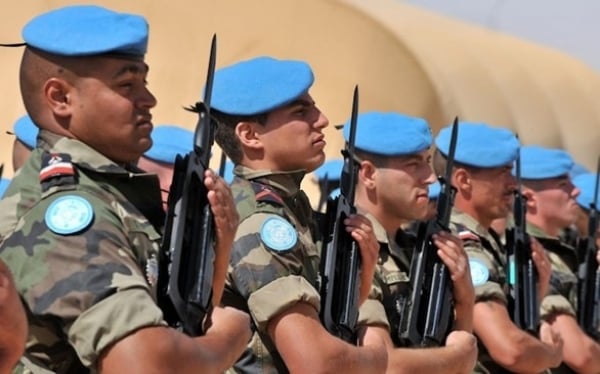
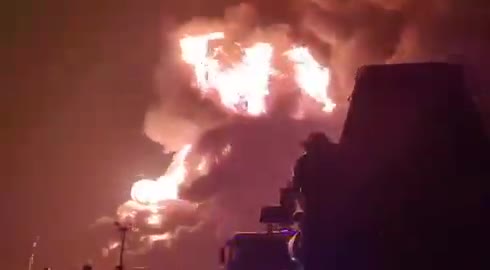

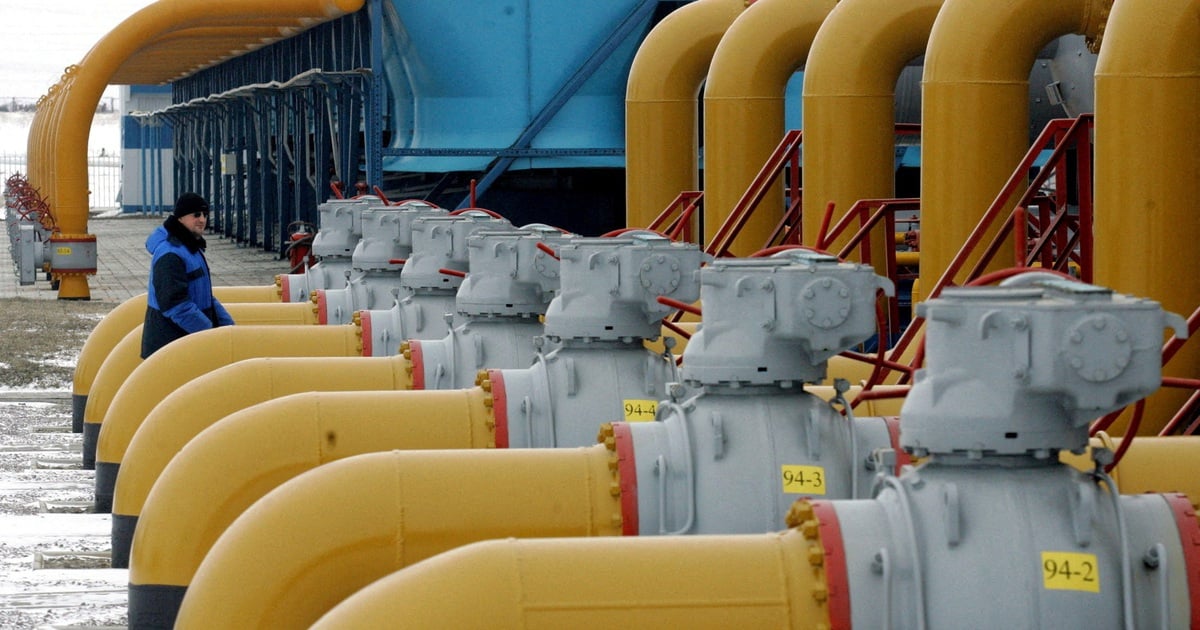

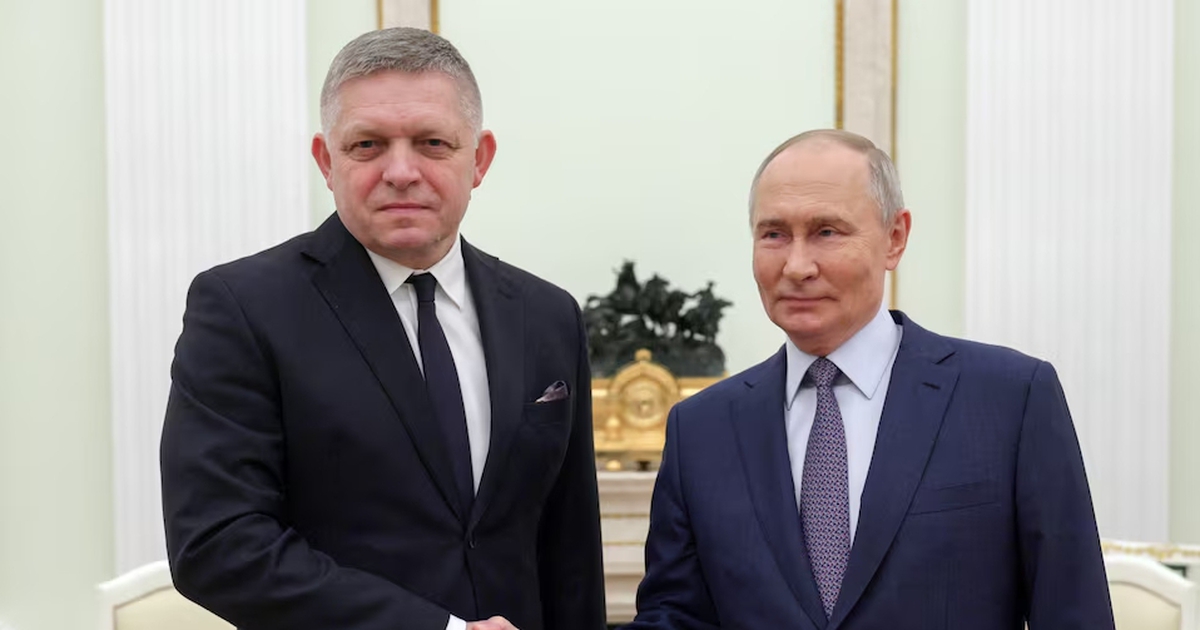
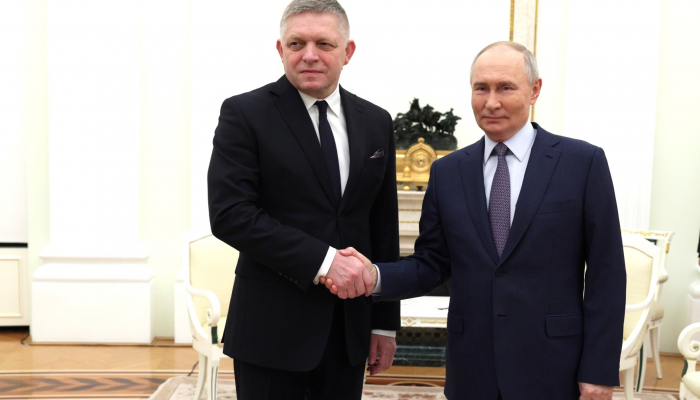
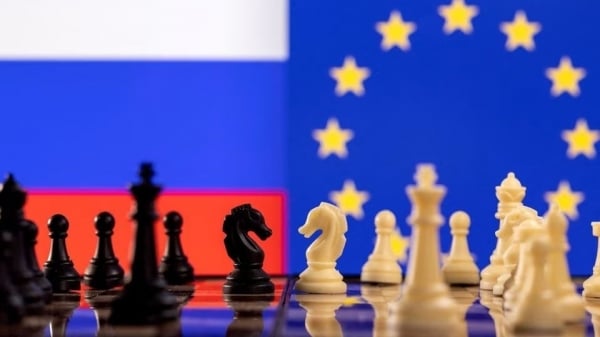
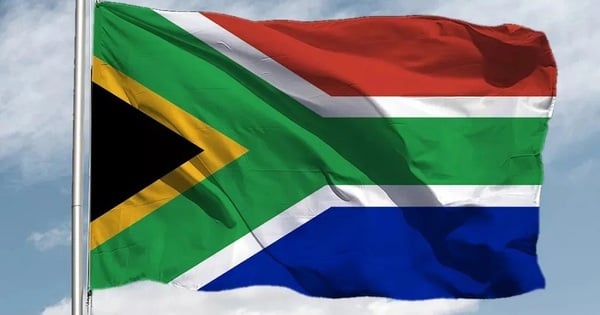
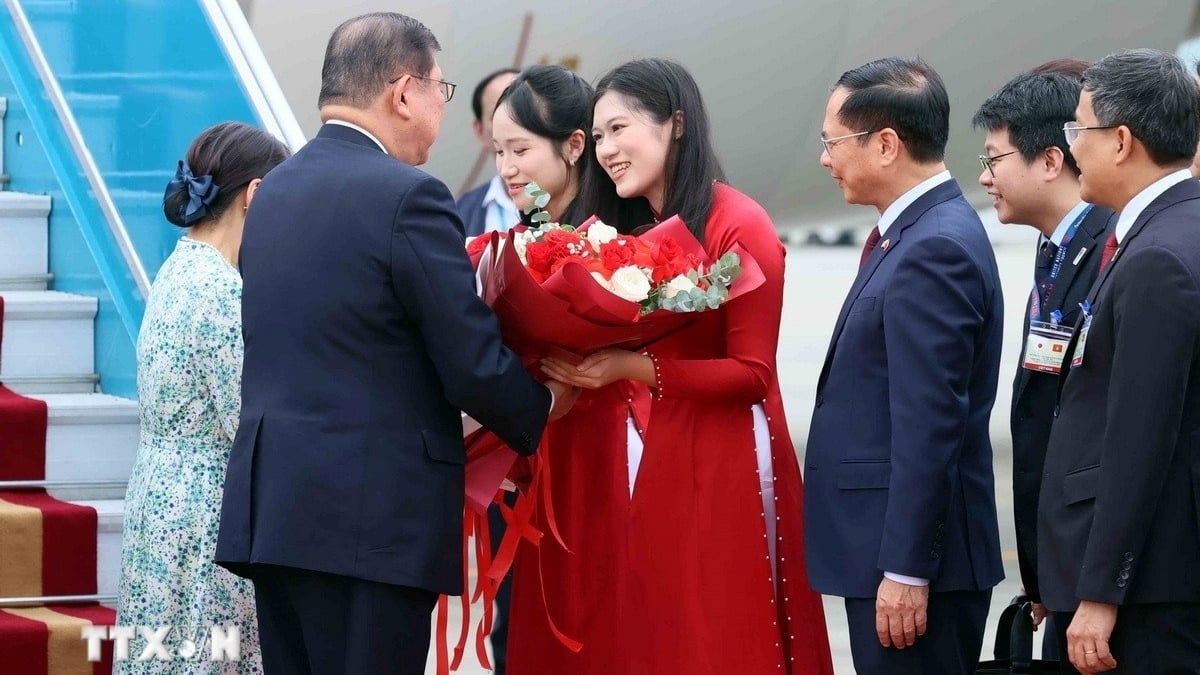

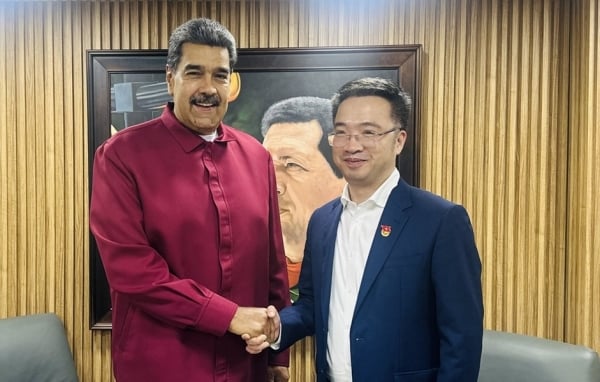

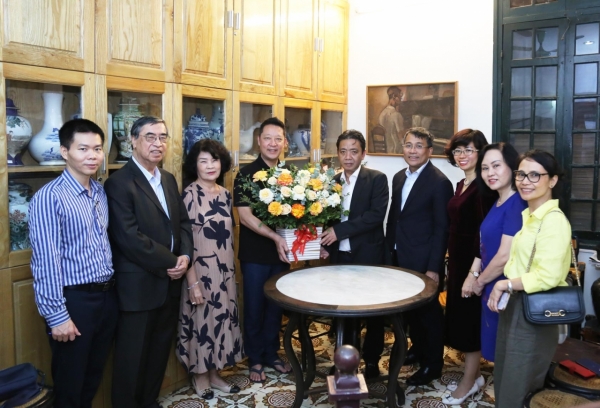



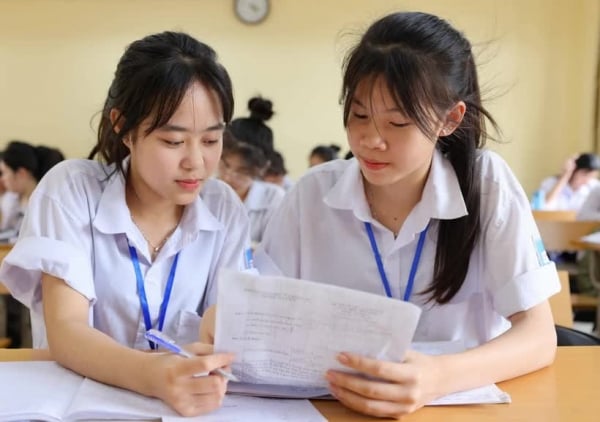




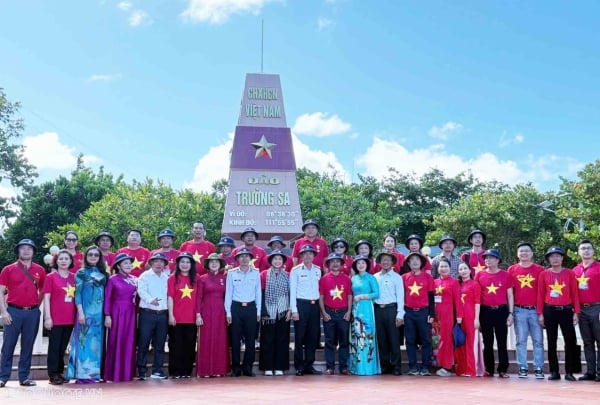
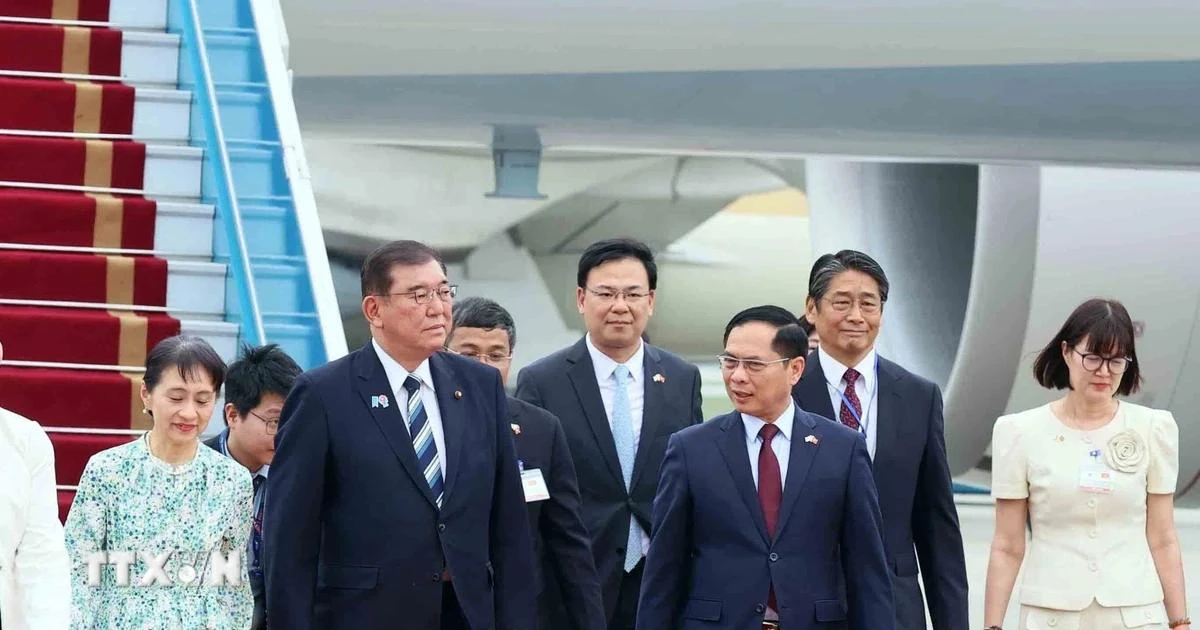
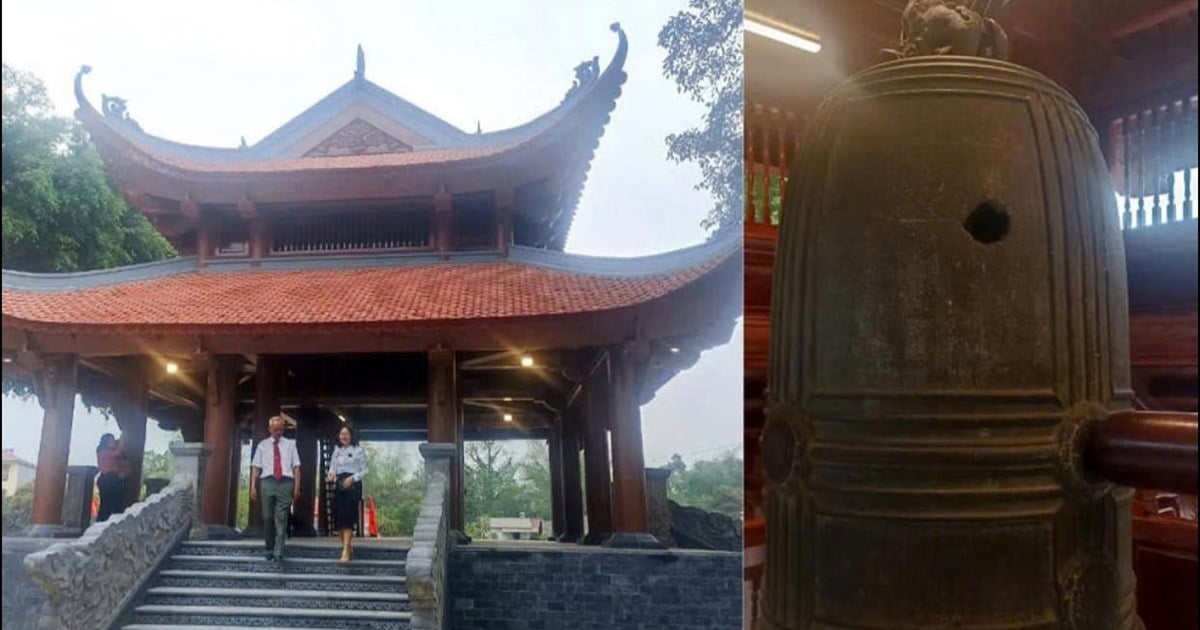

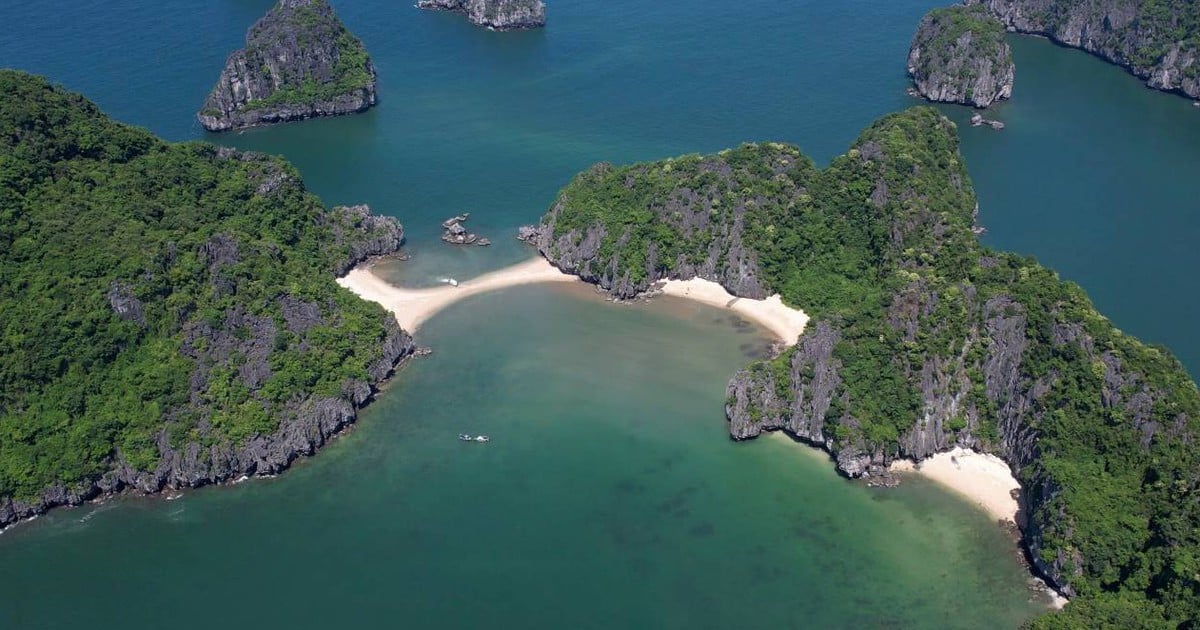
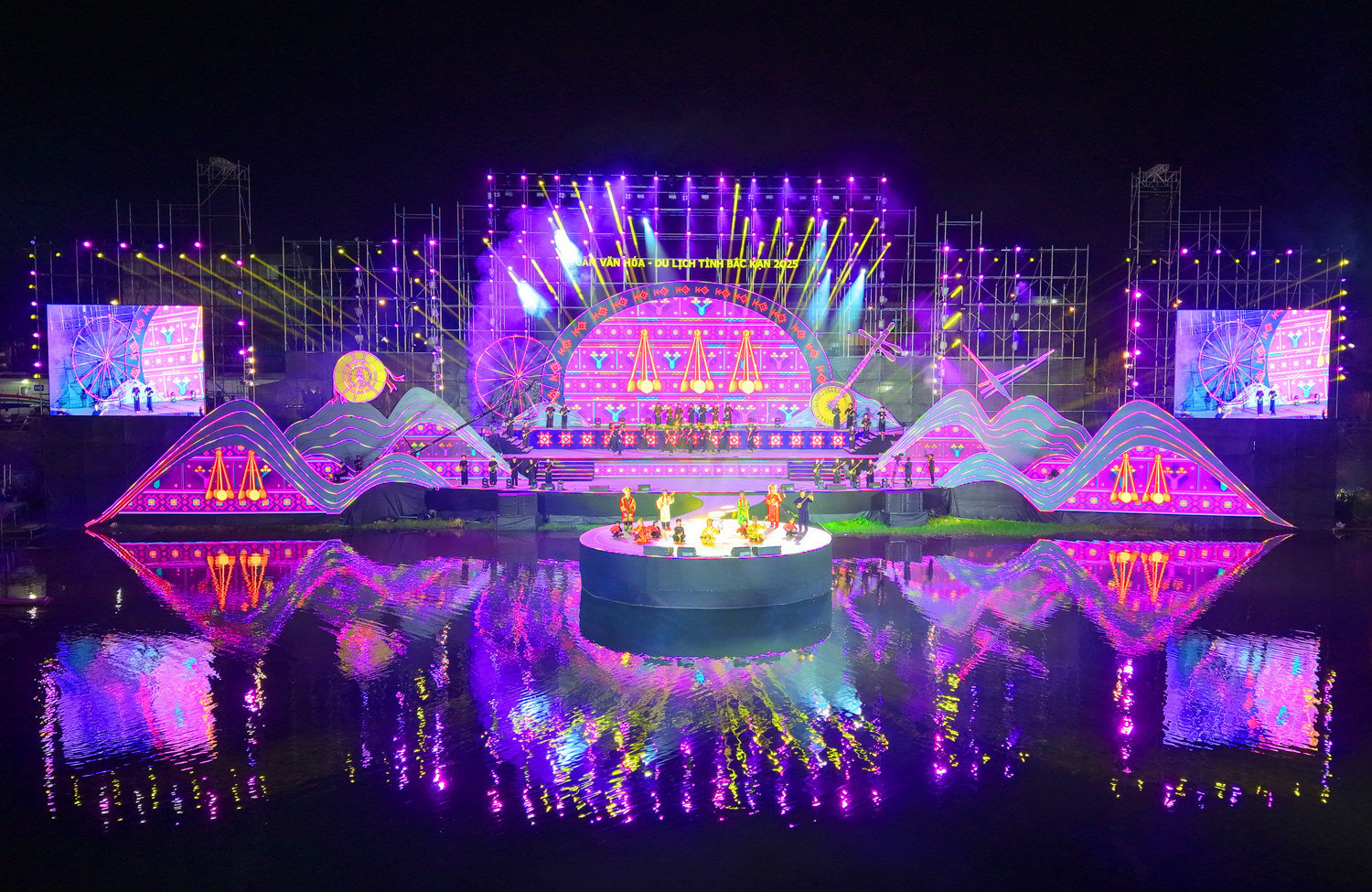



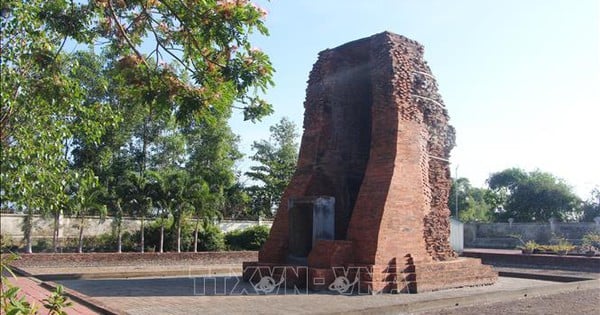

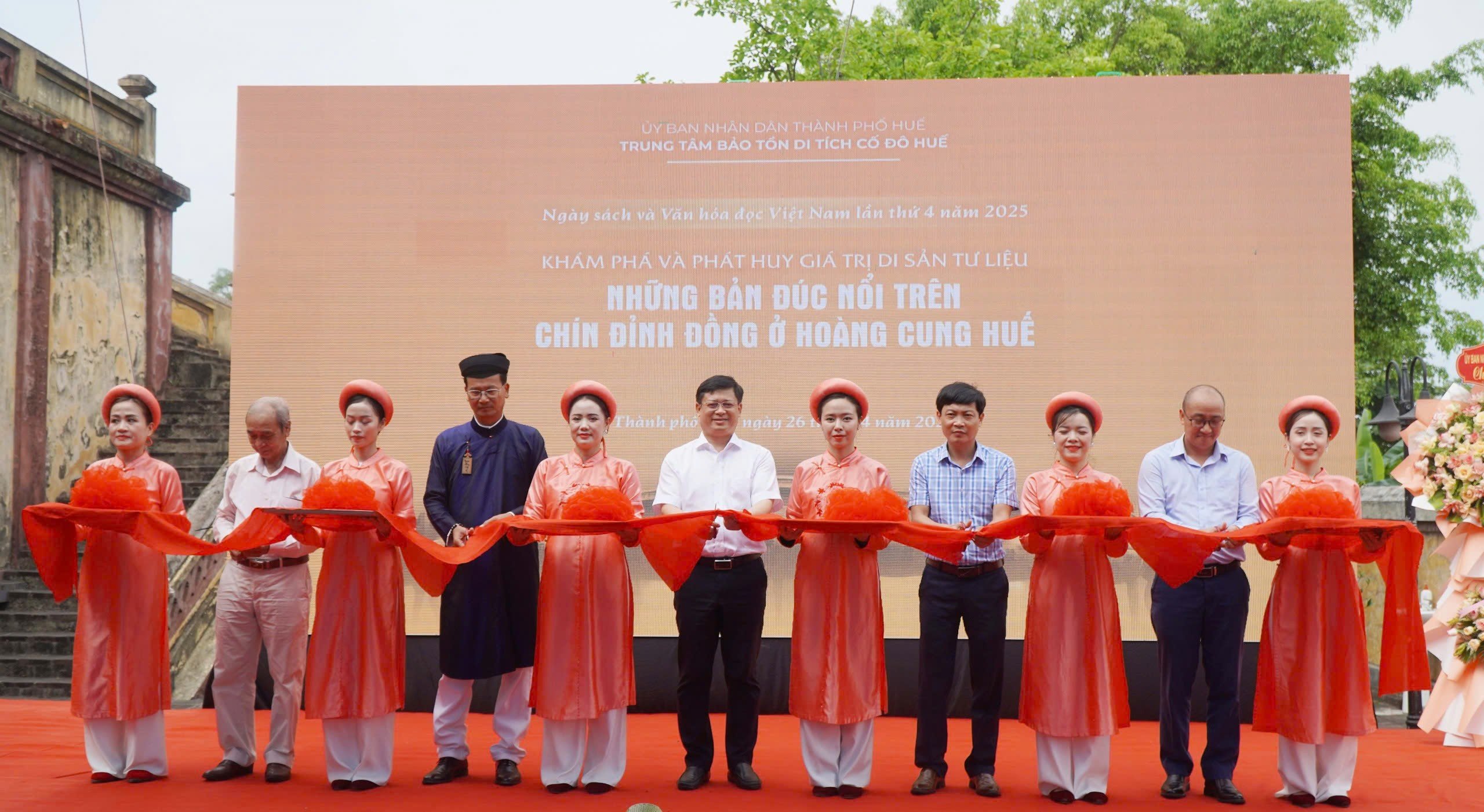

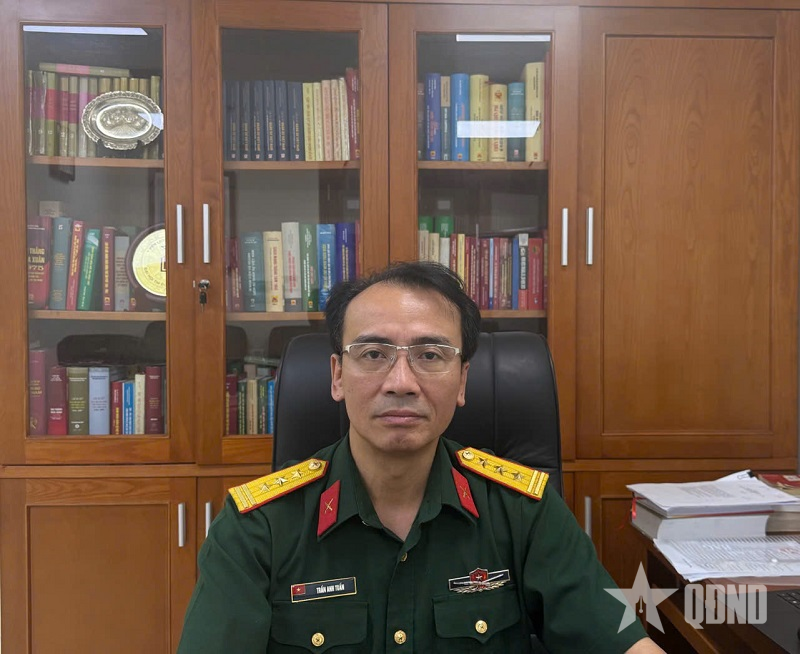

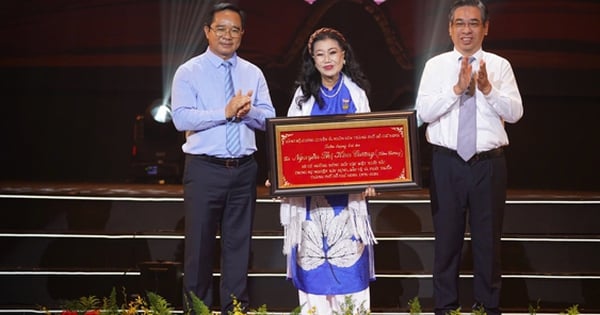



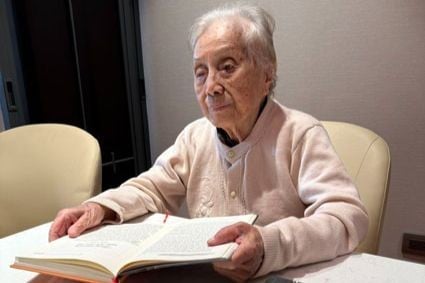



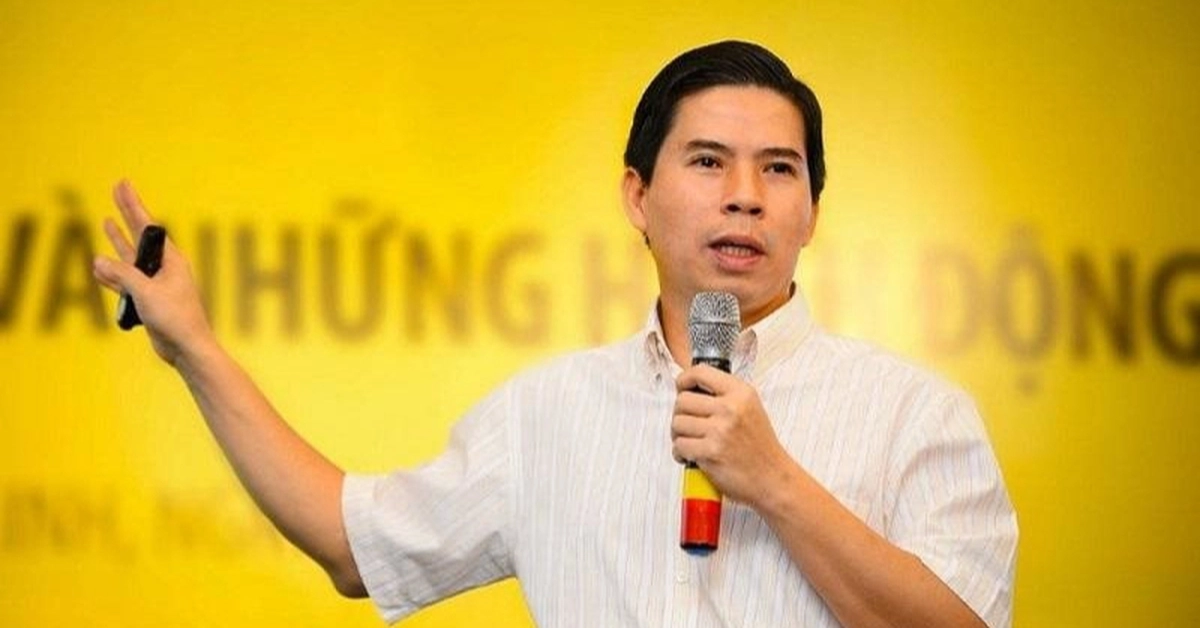




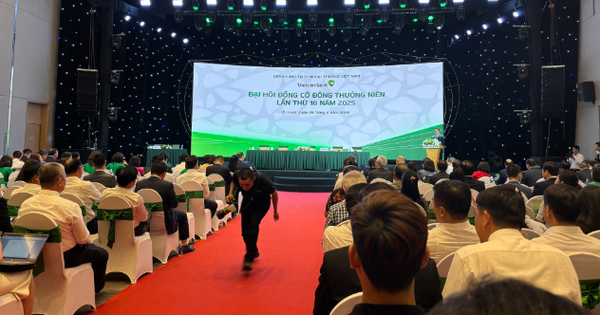


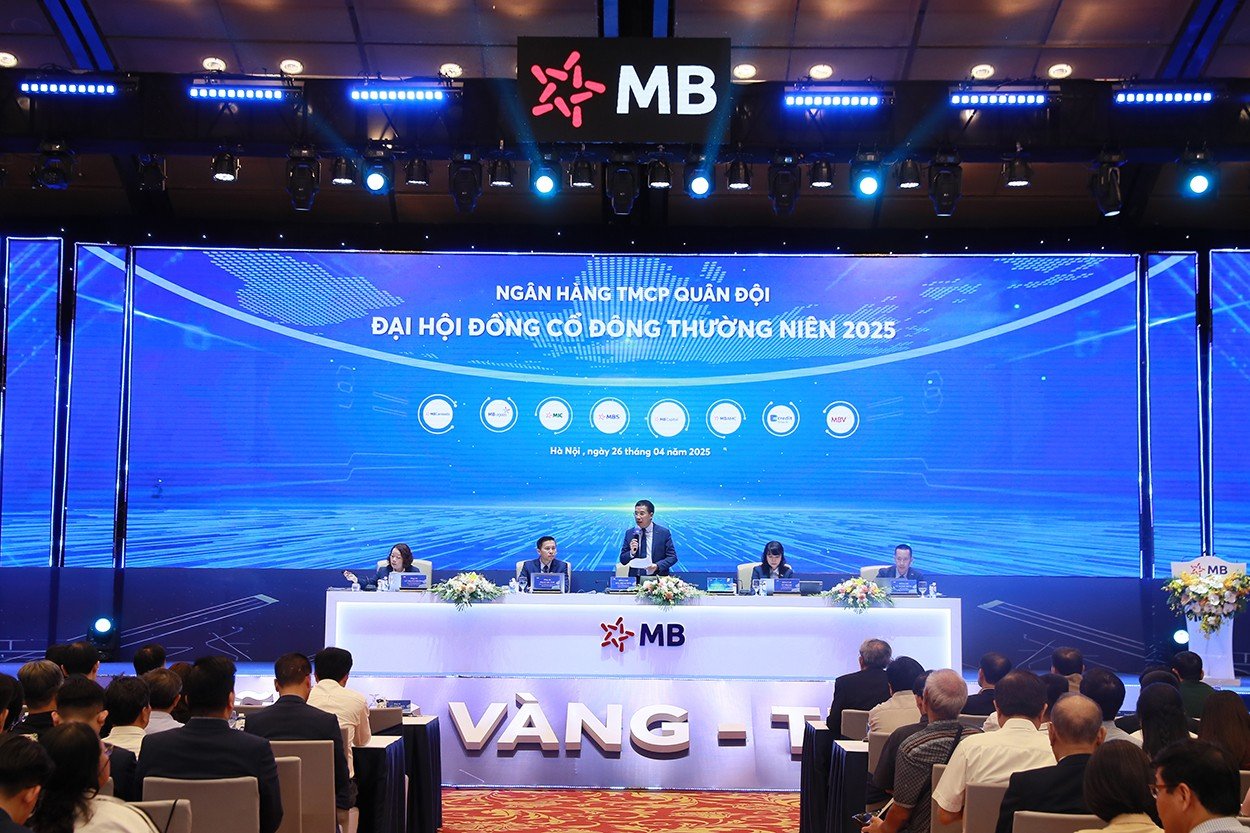
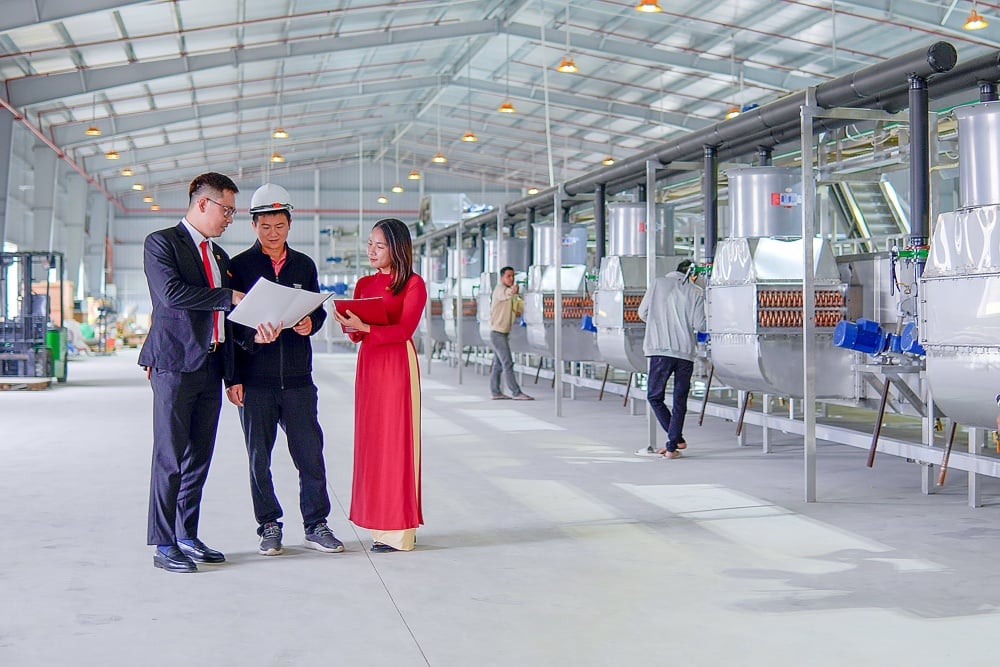

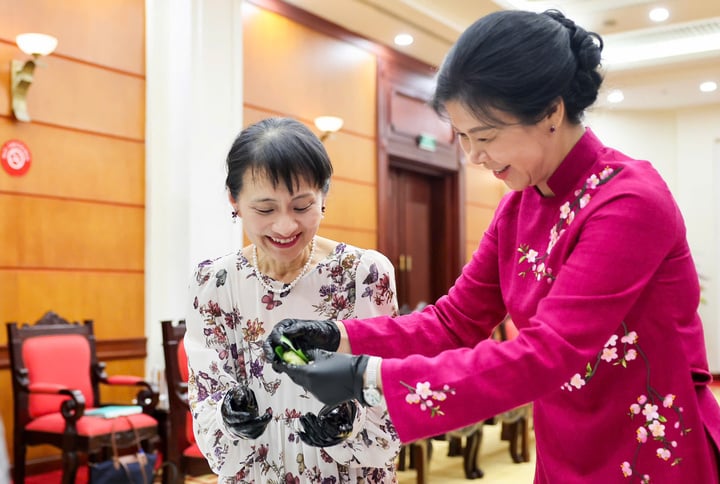


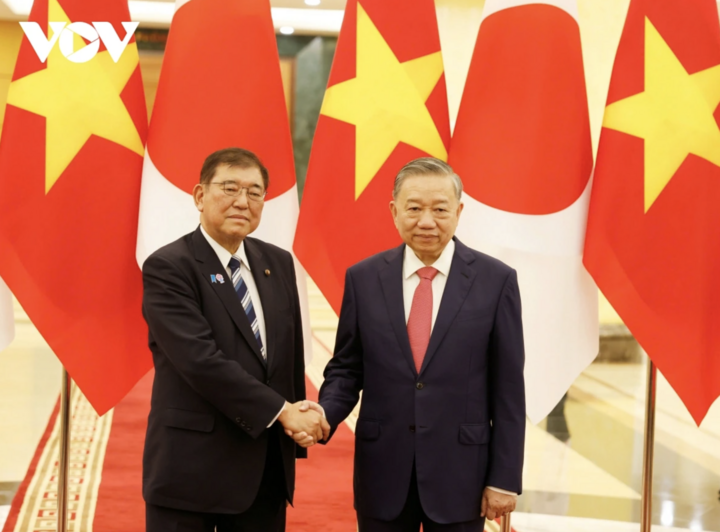

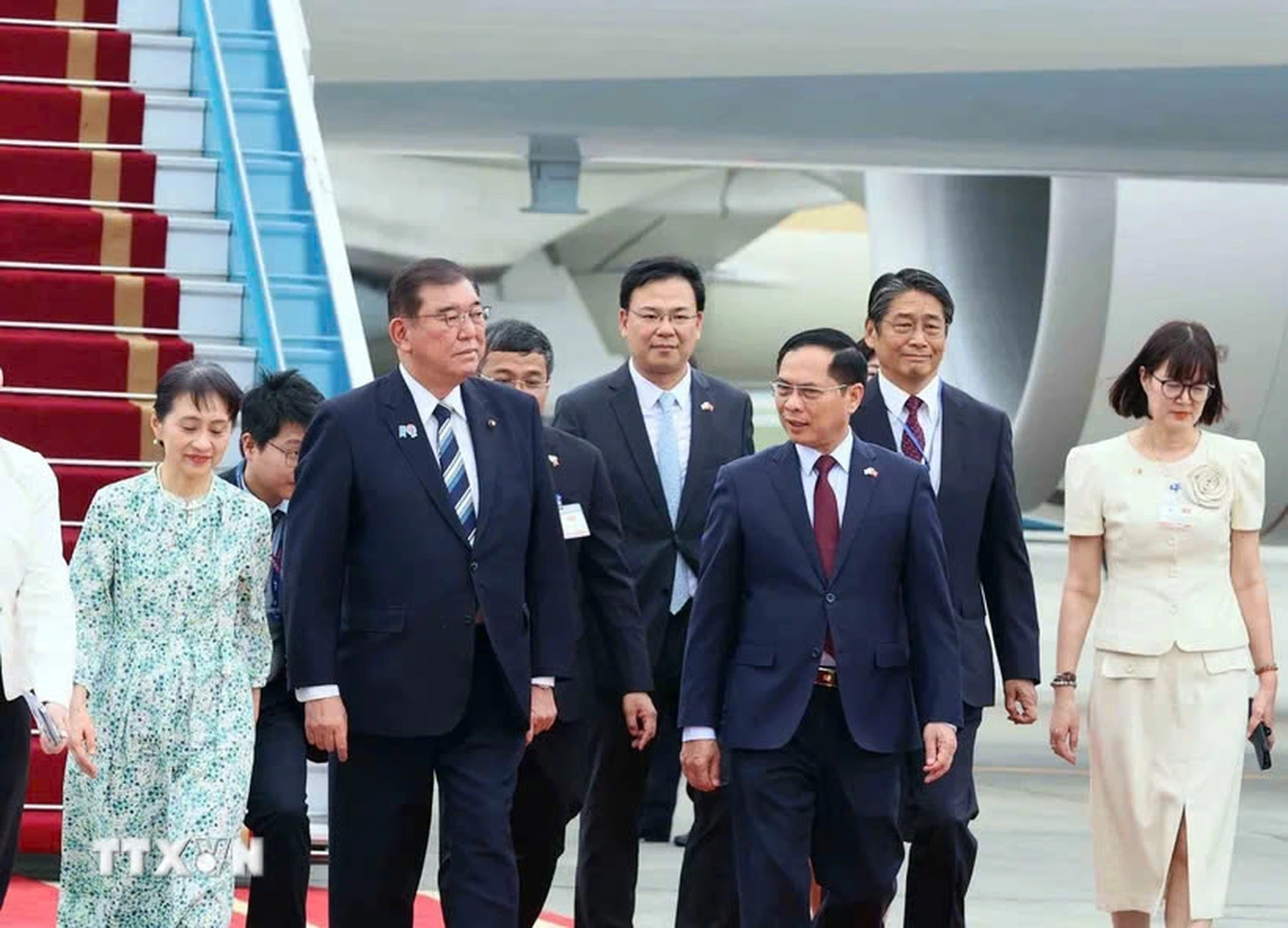
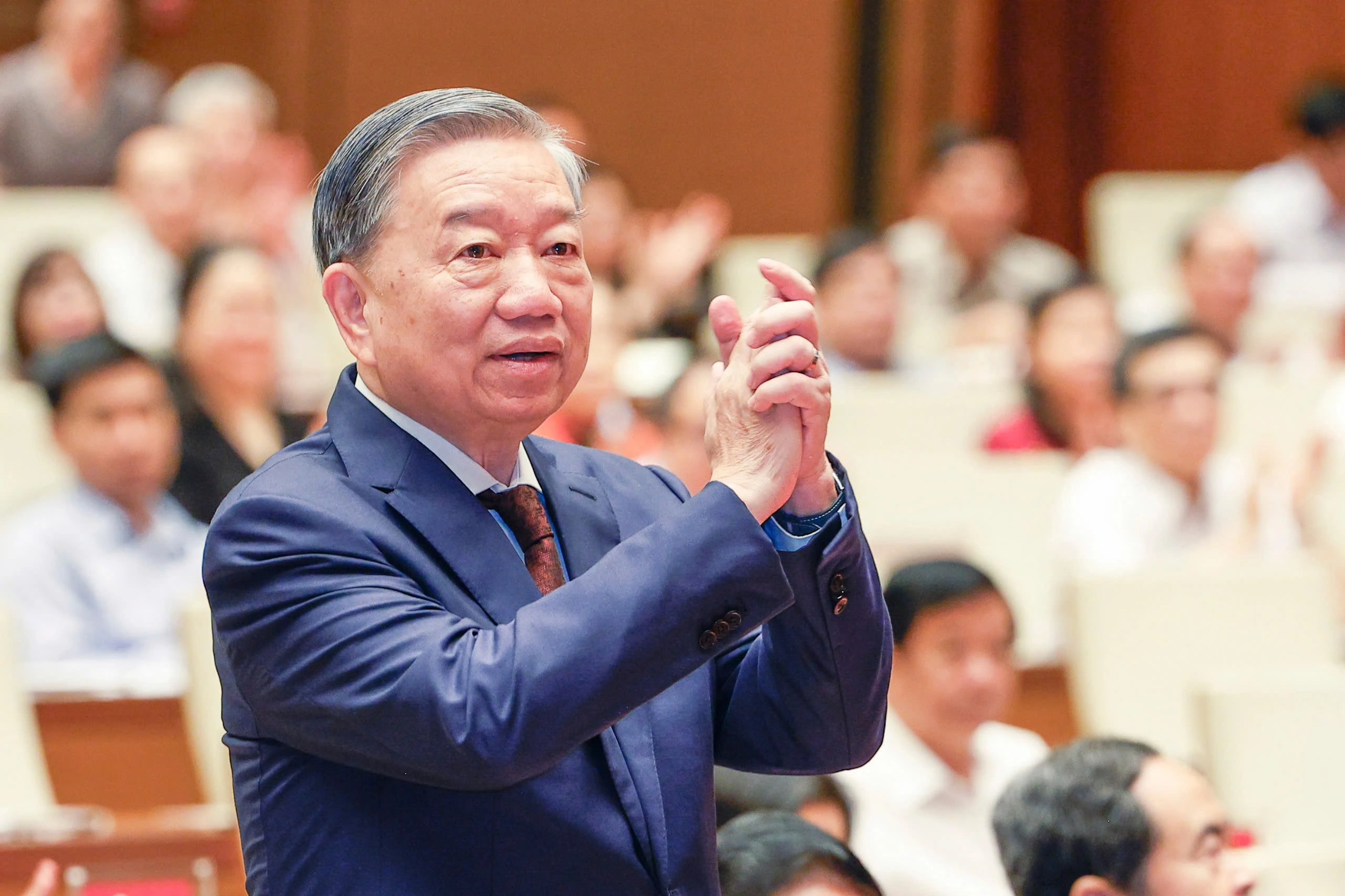
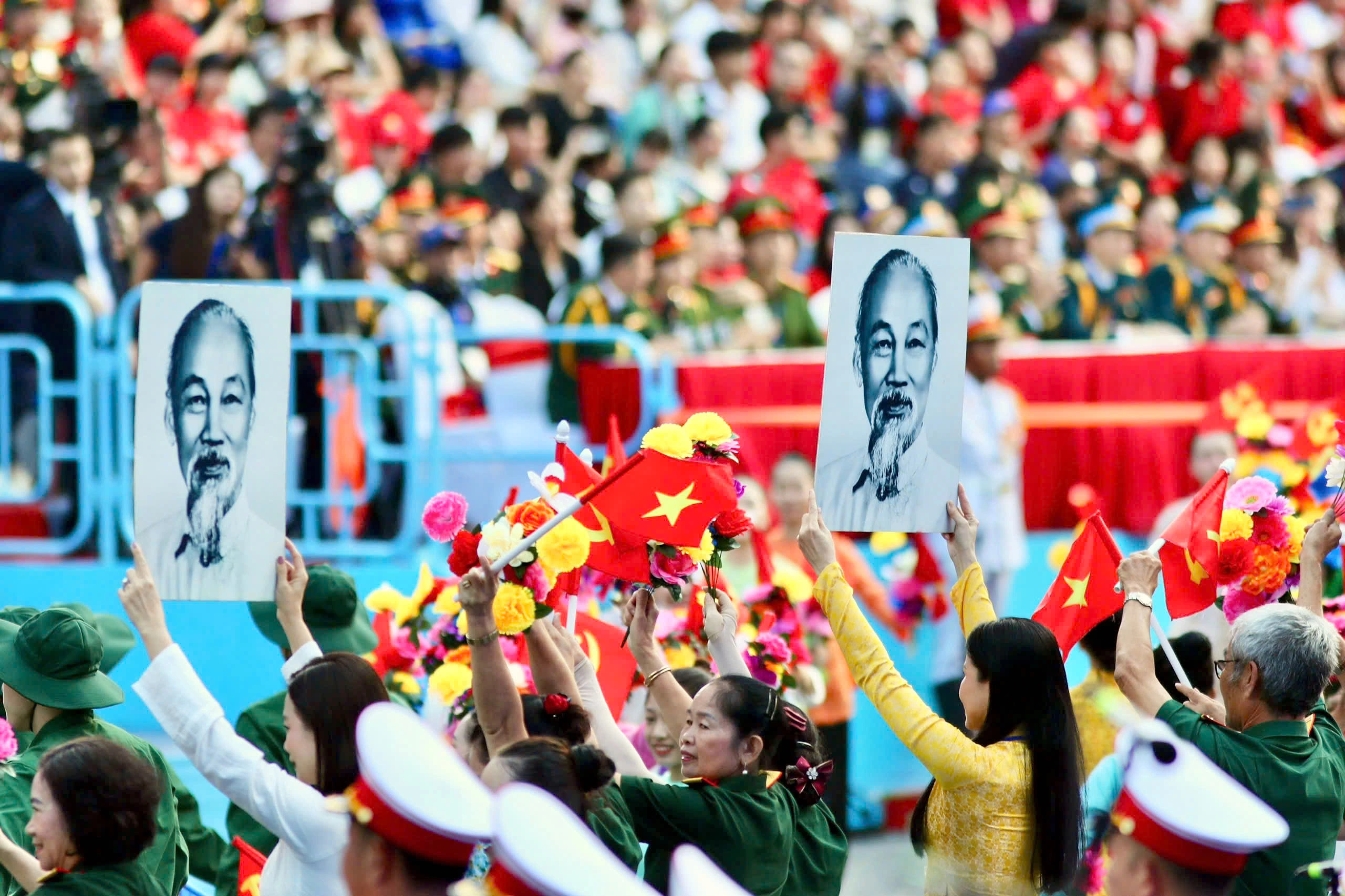
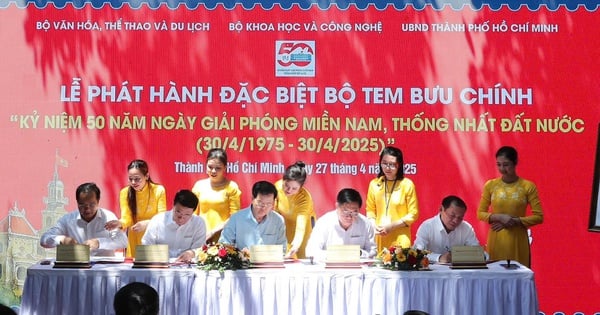

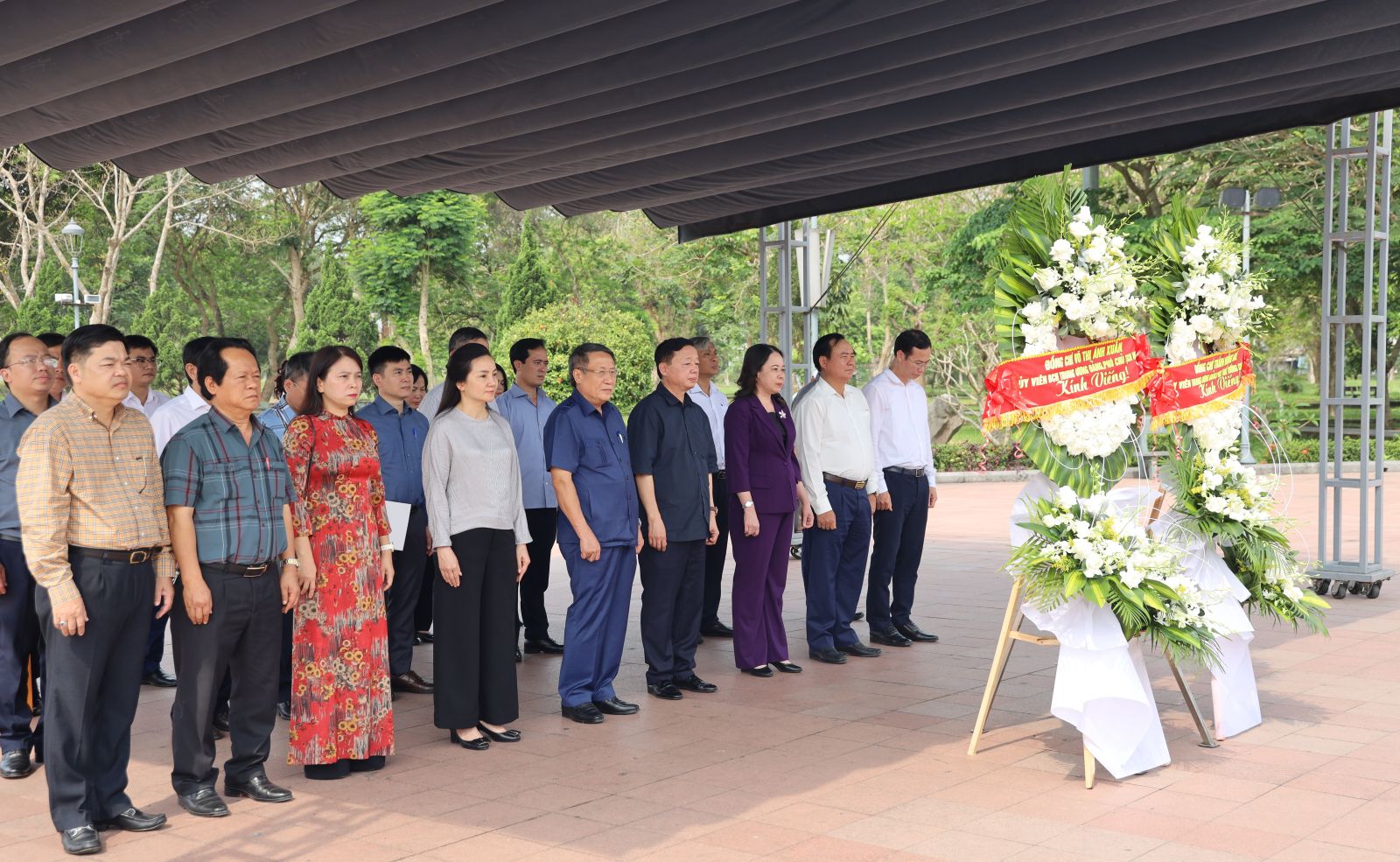

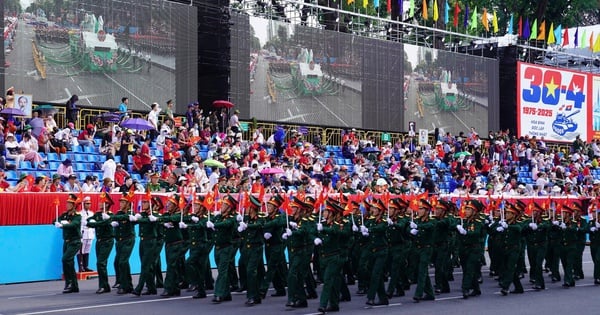

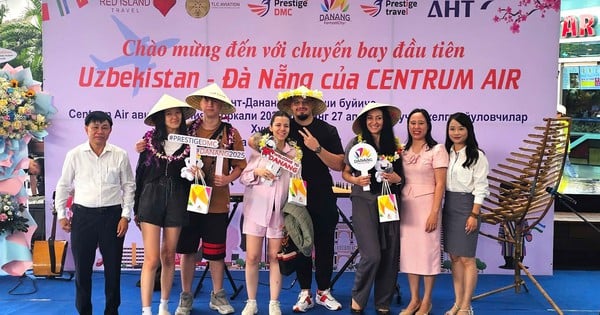
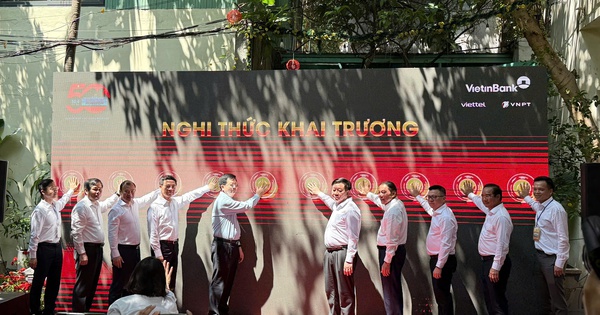
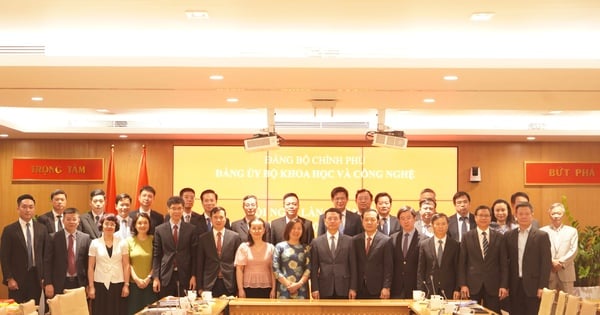

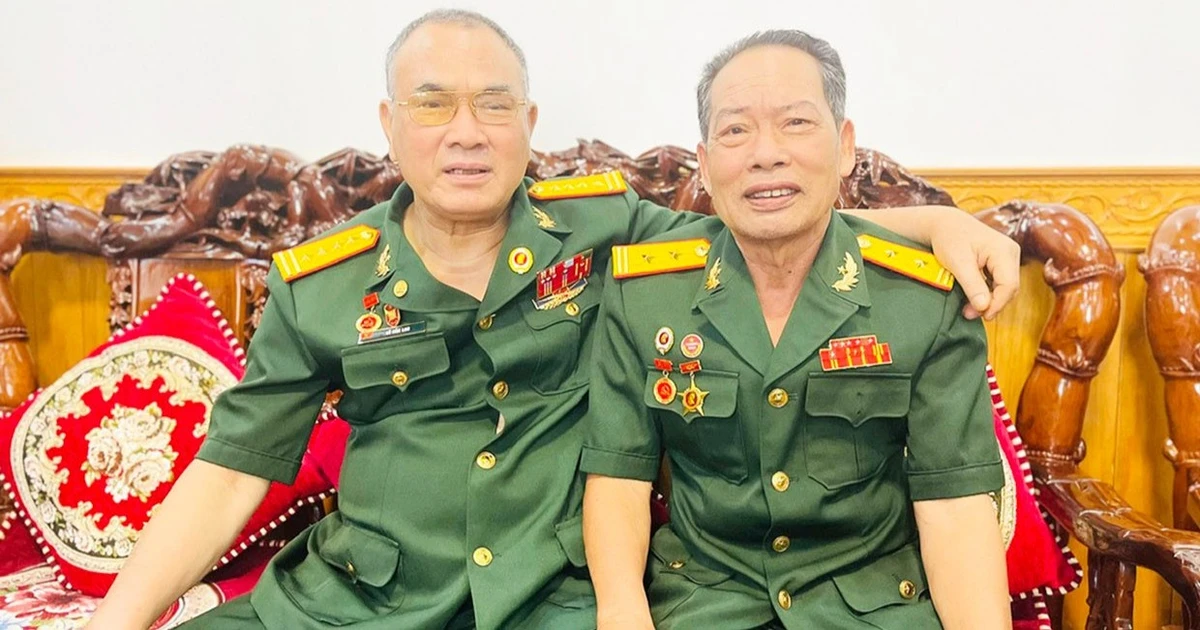

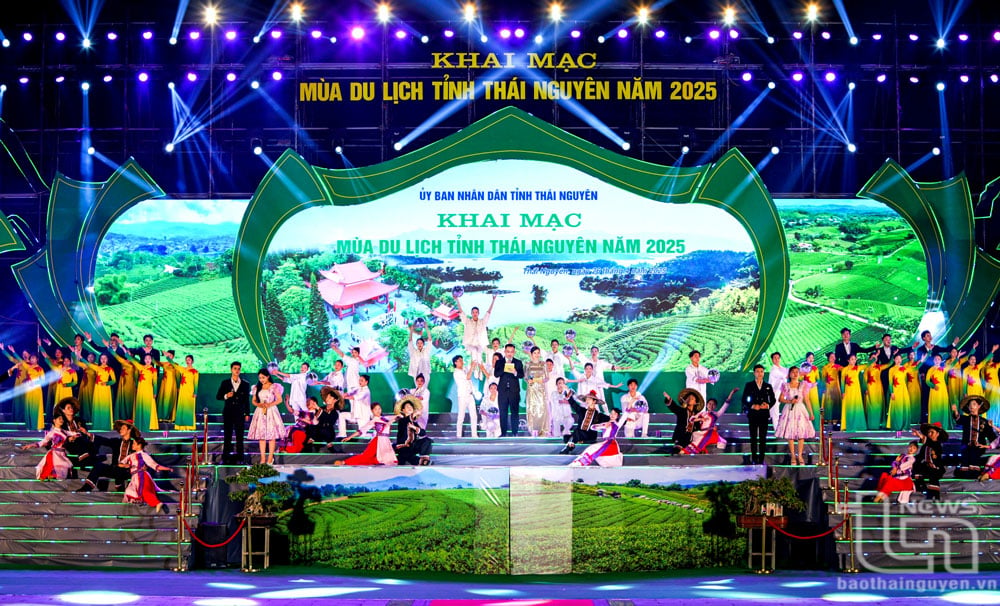
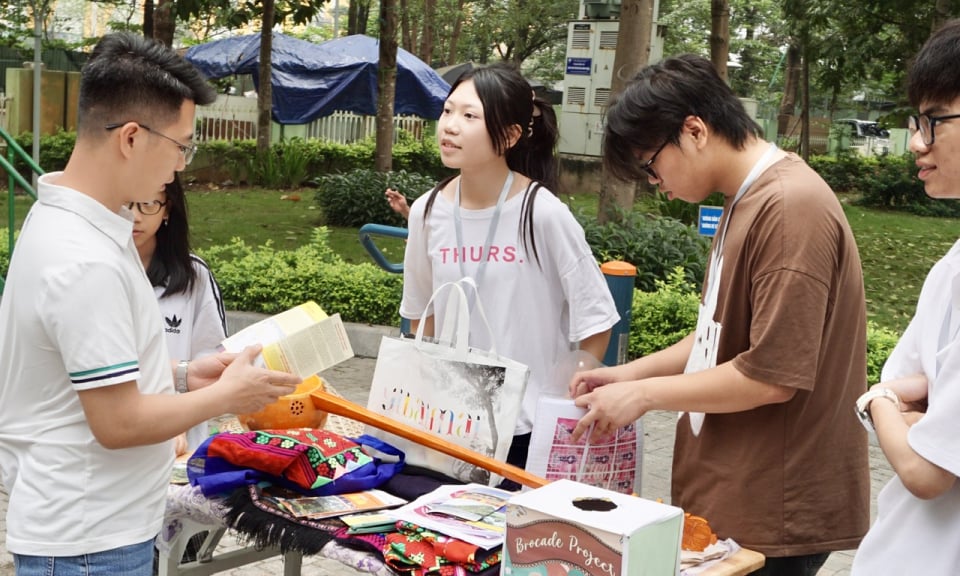
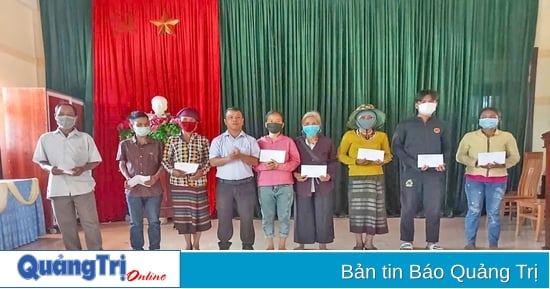



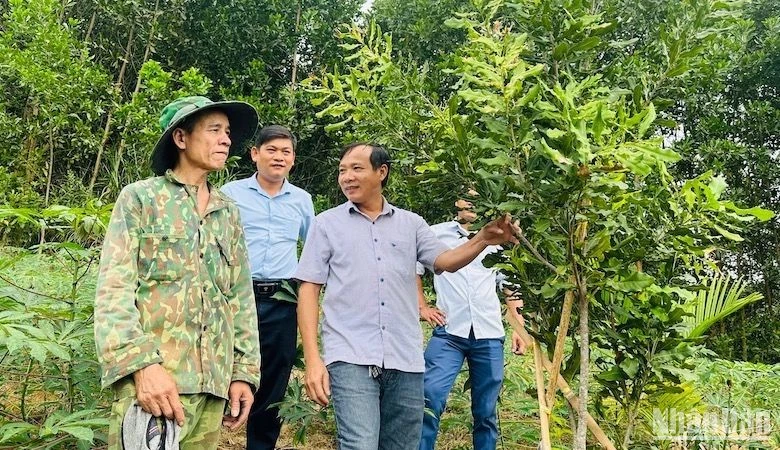


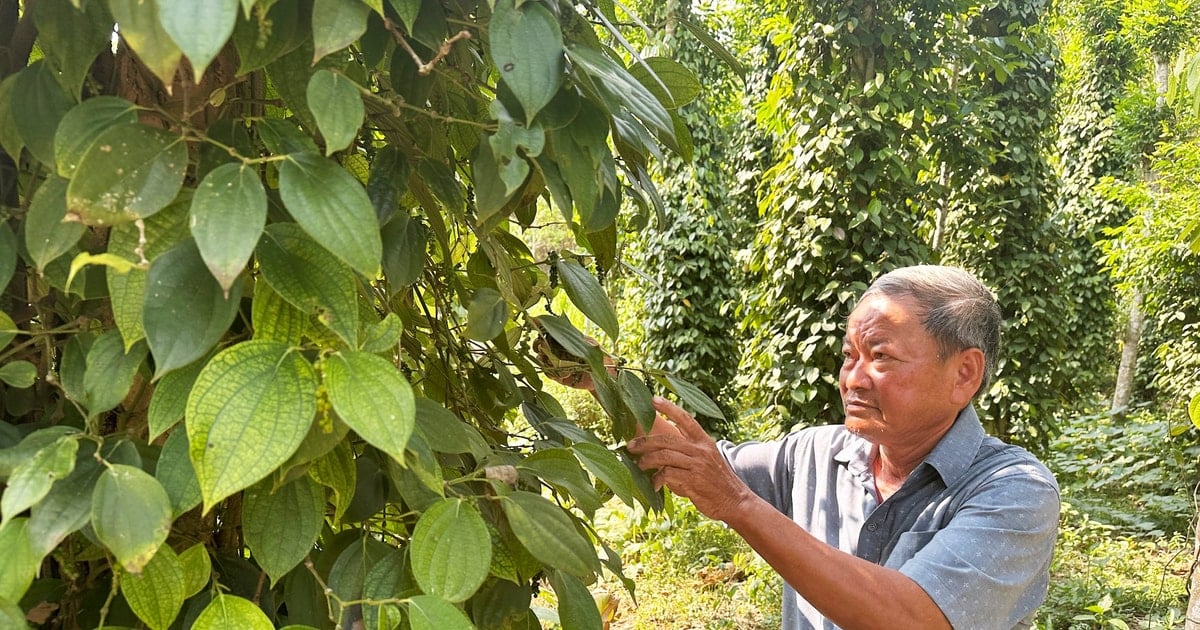

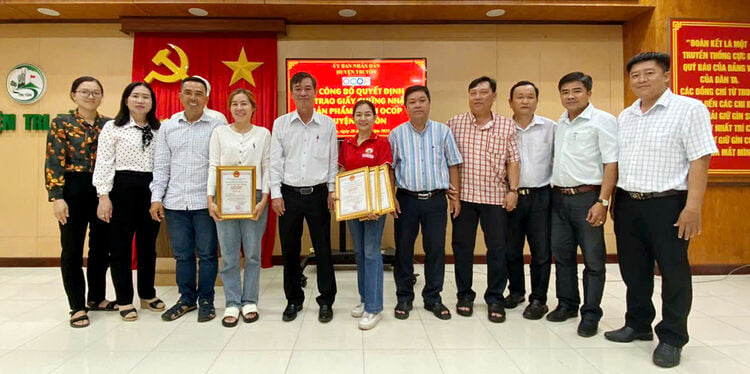

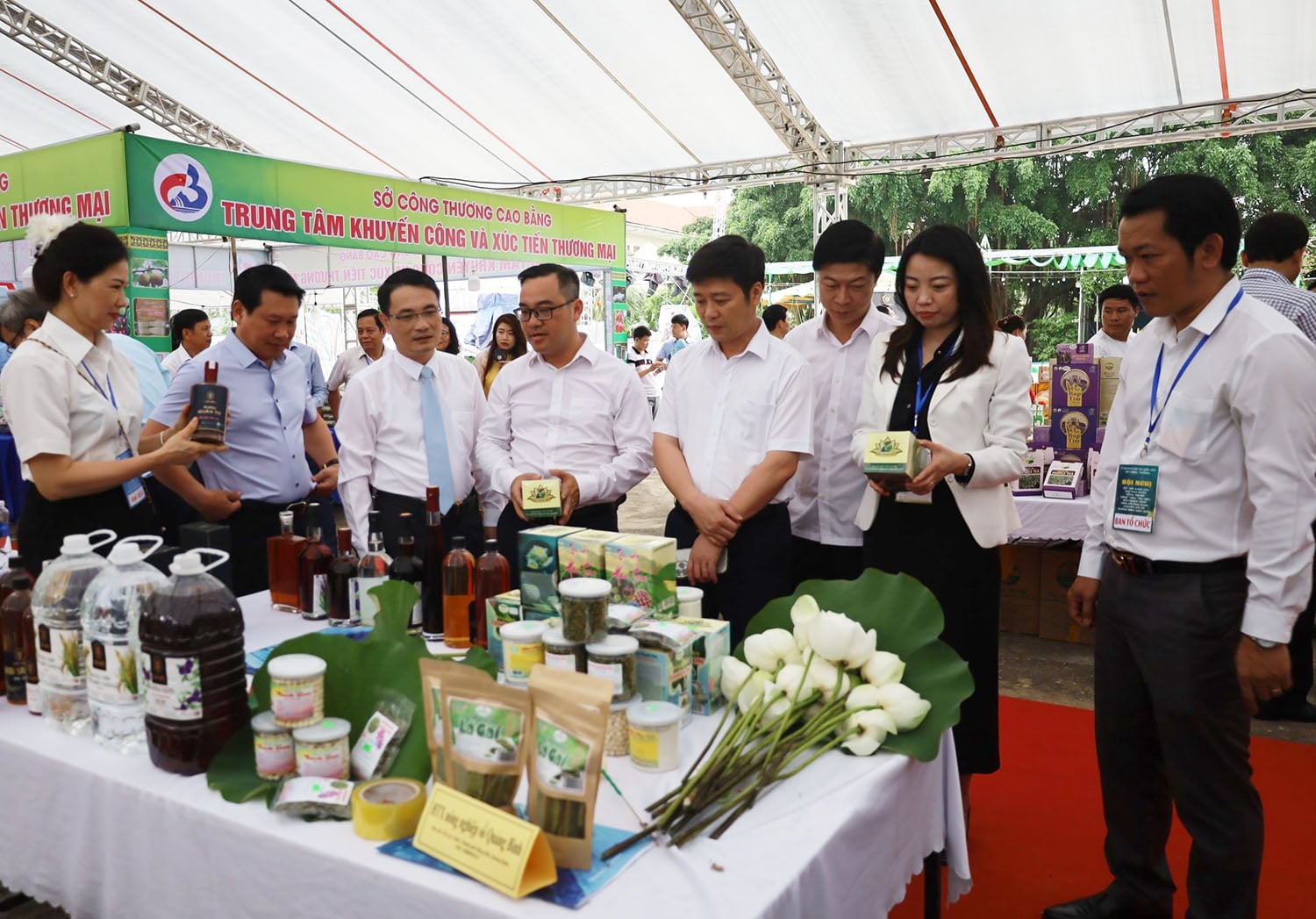



Comment (0)